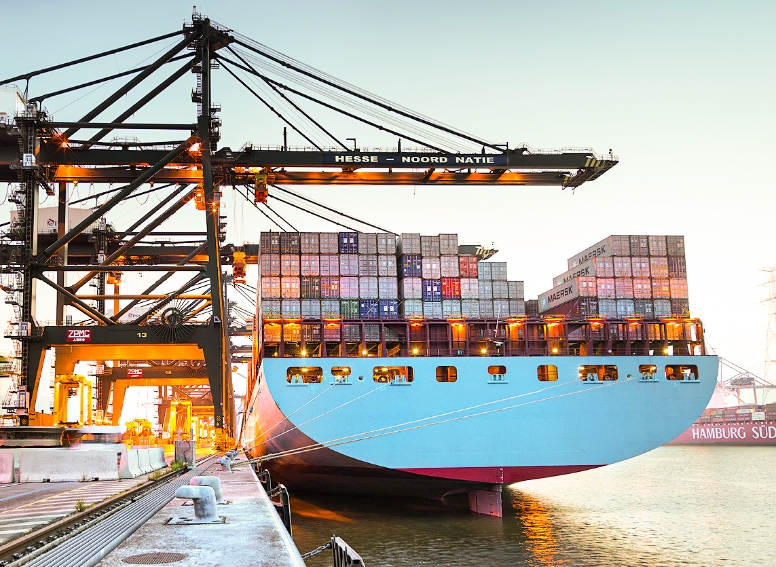Since the outbreak of COVID-19, international trade has been on a downward spiral. Measures put in place to fight the pandemic have put a lot of pressure and limits on commerce, affecting businesses worldwide. Some economists are optimistic that the reduction in trade is temporary, but others fear that there may be lasting effects on both the economy and trade.
A look at the current impact of COVID-19 on trade
The spread of COVID-19 is threatening the macroeconomy by calling for a halt in business activities in almost all industries, preventing movement around the globe, and cutting off supply chains. There has already been a reduction in exports, with an estimated loss of $50 billion in worldwide exports in February, a figure that may continue to rise. Activities in the world’s top trading destinations have stalled as well, with major players like China, the U.S., Germany, Italy, the U.K., Singapore, and the UEA reporting a reduction in international trade.
China, the world’s second-largest economy, has seen exports drop by 17.2% in the first two months of 2020 and has also reported a trade deficit of $7.1 billion. This reduction in trade has resulted in supply chain disruptions around the globe, having a knock-on effect on worldwide economies.
The extended travel bans enforced to tackle the spread of the virus is also having a significant impact on international trade. Many industries are facing a crisis due to travel bans, with Australia’s seafood export industry being a prime example. Since the beginning of 2020, a total of 54 countries around the world have also initiated restrictions on exports on medical goods alone.
As export restrictions and global lockdowns are causing economies worldwide to grind to a halt, international trade is suffering. However, whether or not this impact will continue to have a significant effect in the future is currently being debated.

Will the pandemic cause a lasting impact on international trade?
Experts believe that this slump in international trade is reversible, and once the pandemic subsides, trading will pick up once again. However, given the unprecedented circumstances, it is difficult to predict what the long-term economic impact will be. Economists are warning of an imminent recession across many regions that could potentially lead to a widespread depression. Whether or not international trade could bounce back would rely heavily on the state of the economy.
Some countries are already taking measures to boost international trade. For example, the Australian government has injected $110 million into its seafood export trade in an attempt to restart exports to consumers like China, Hong Kong, Japan, Singapore, and the UAE. Moreover, they are also waiving levies for all fishers operating within the commonwealth for the rest of the year.
To limit the COVID-19 impact on the future of international trade, governments need to make calculated efforts like these and support exporters in their country. We must all cooperate and take measures to prevent a lasting recession and protect our economy.
EXIMA is here to help businesses operate during this difficult time. Our team of experts can provide all the necessary resources for international trade and provide answers to any questions. Make sure to check out our site and enjoy all the benefits we have to offer!









